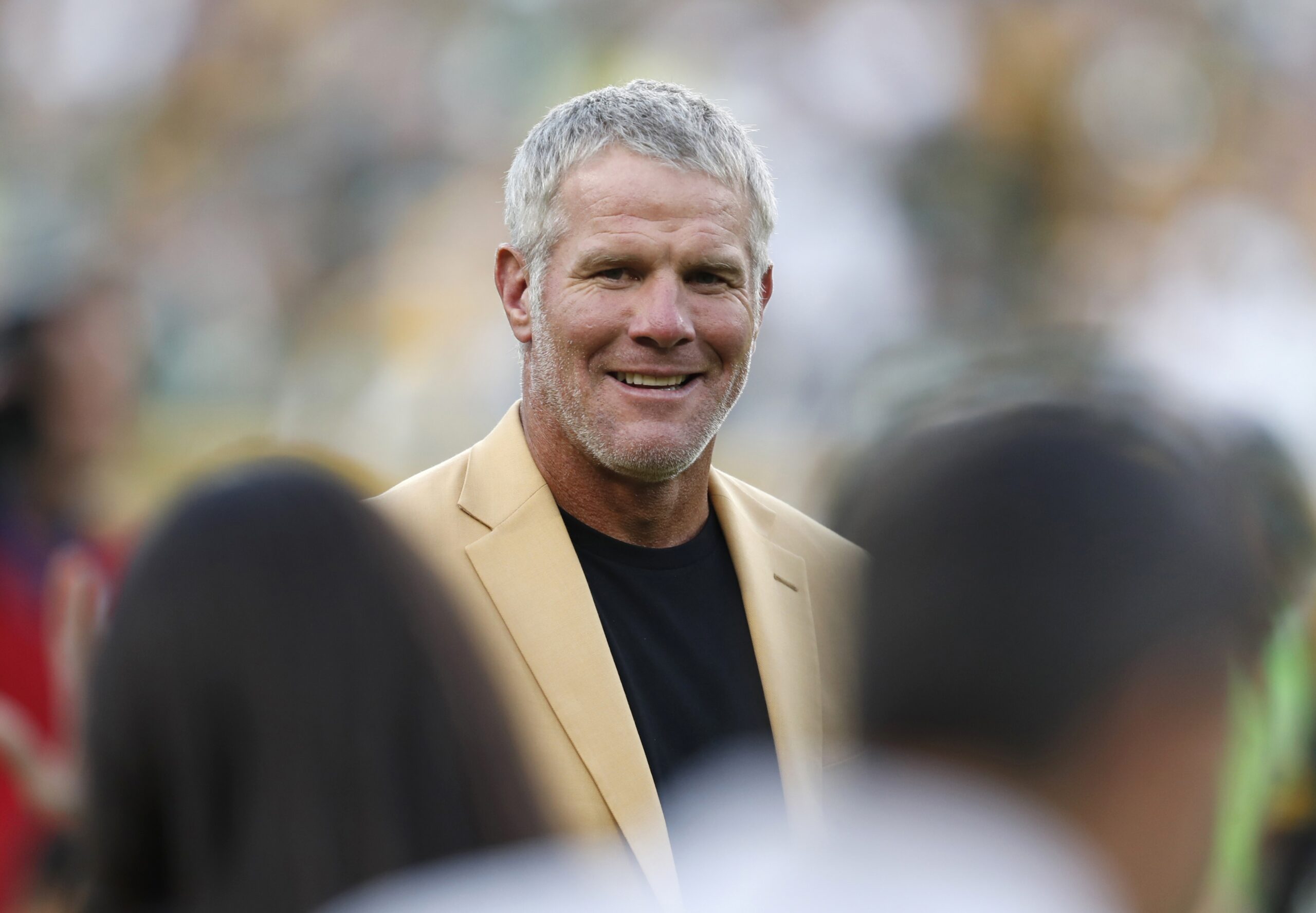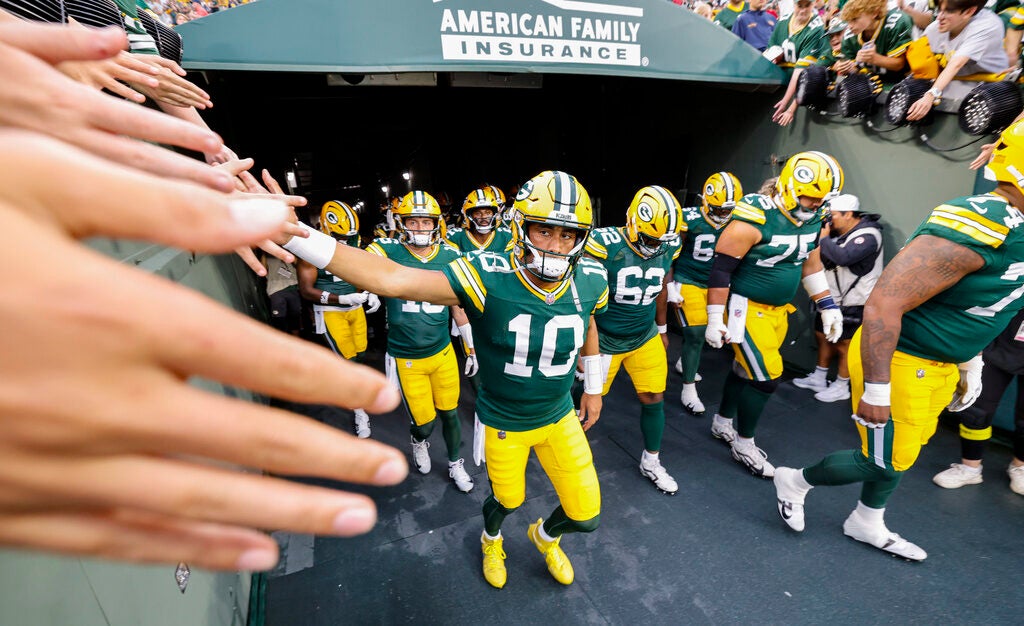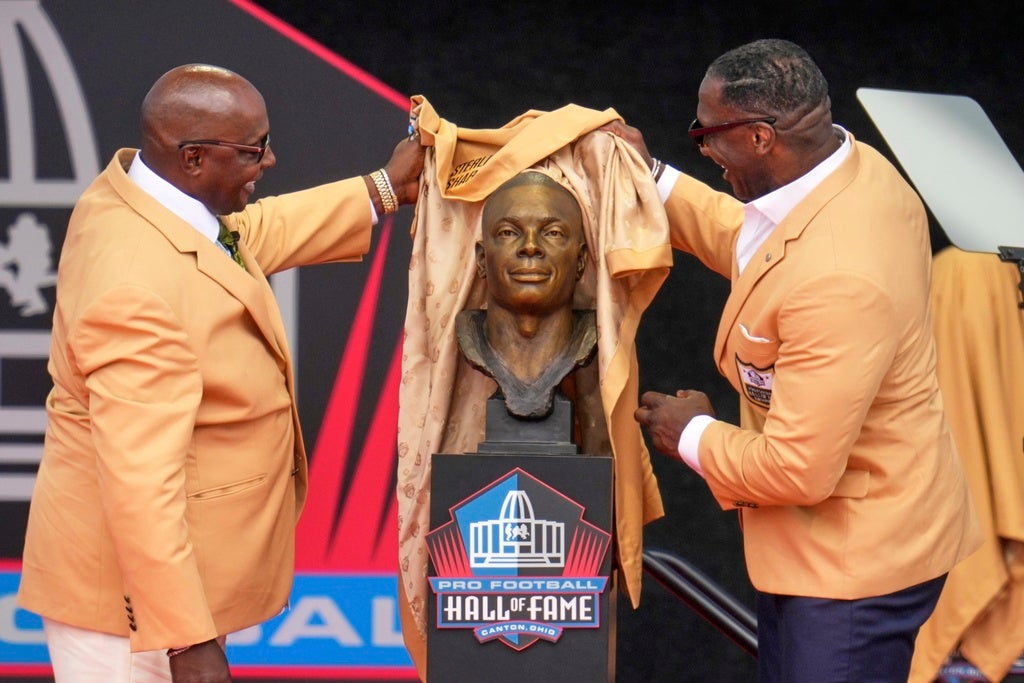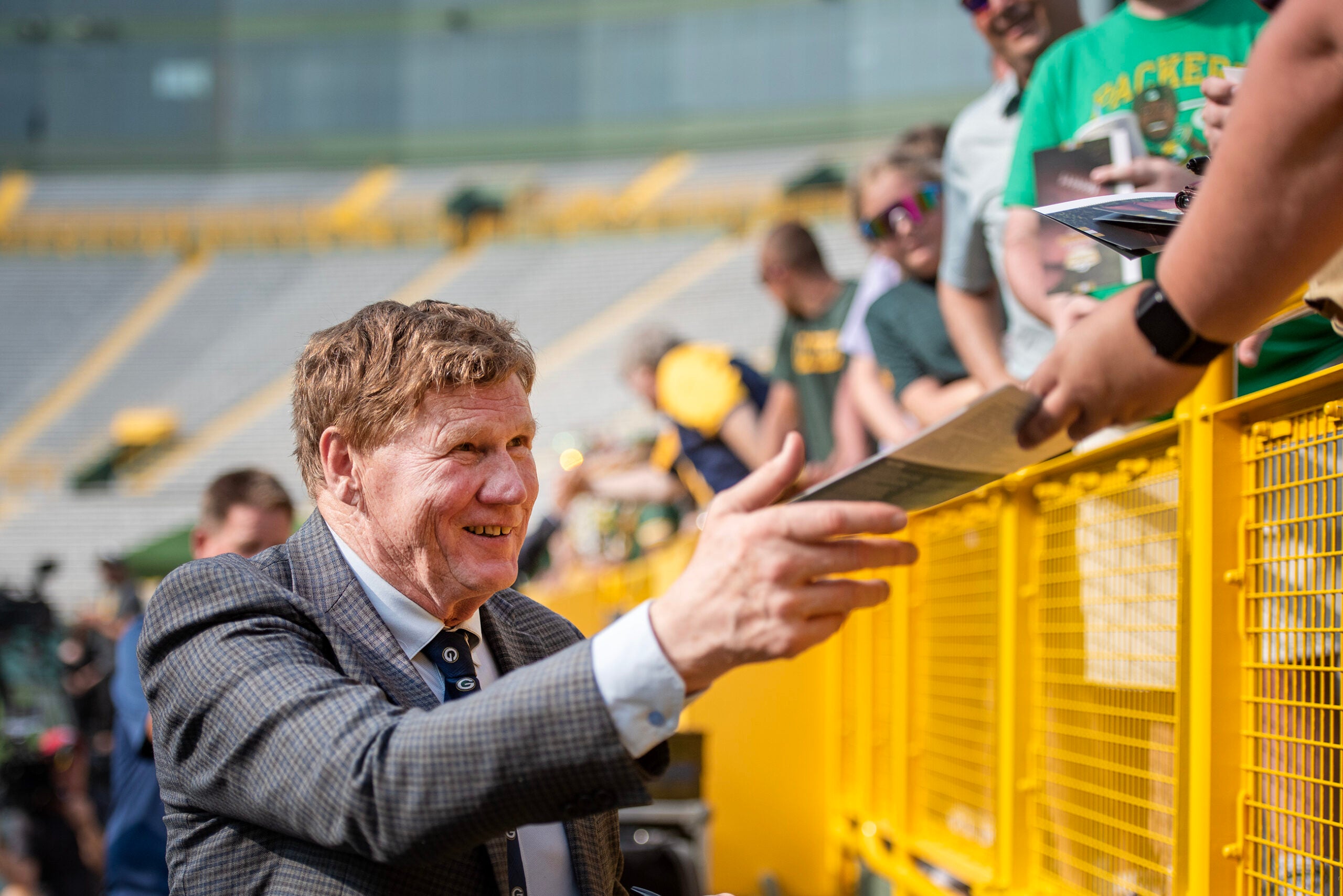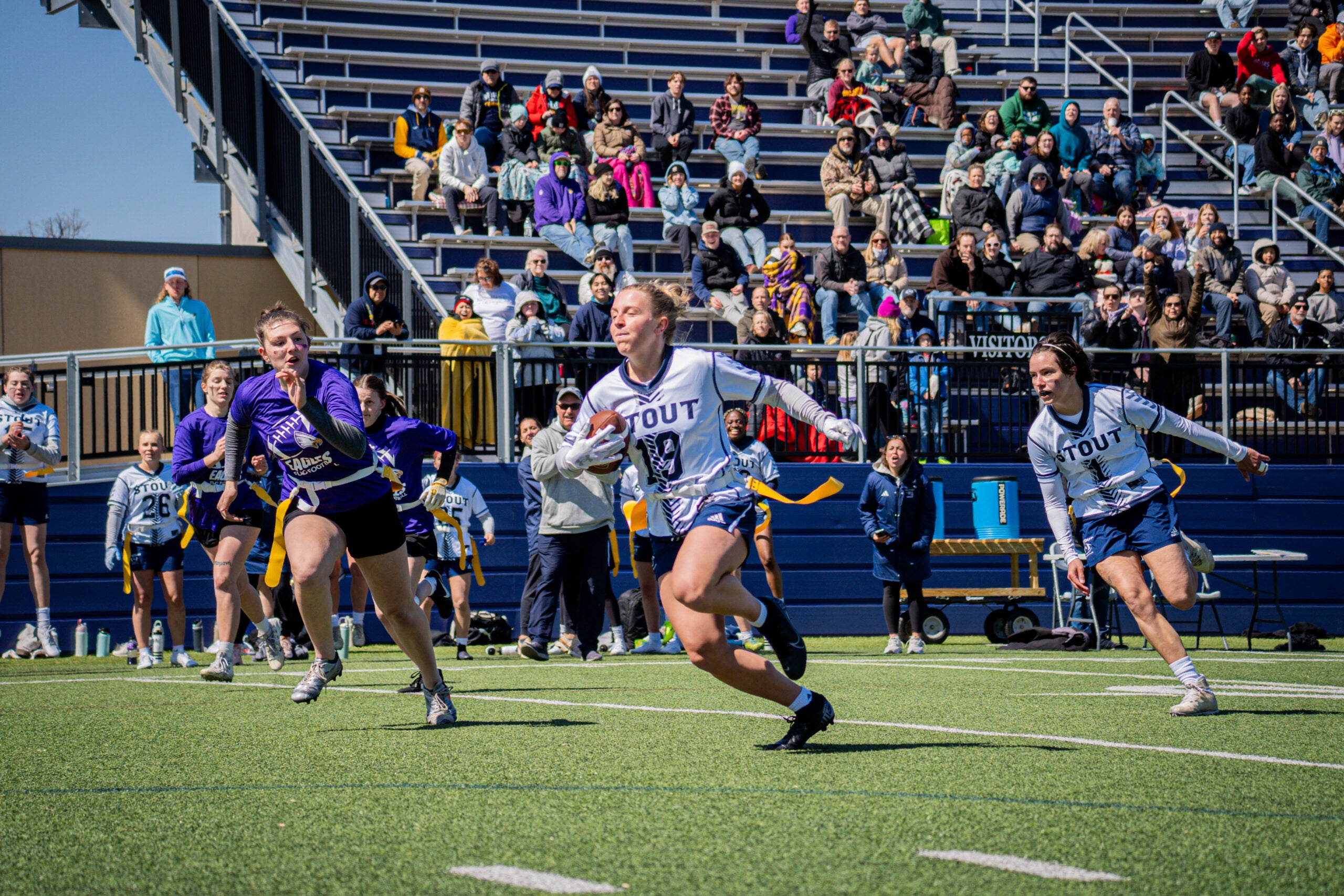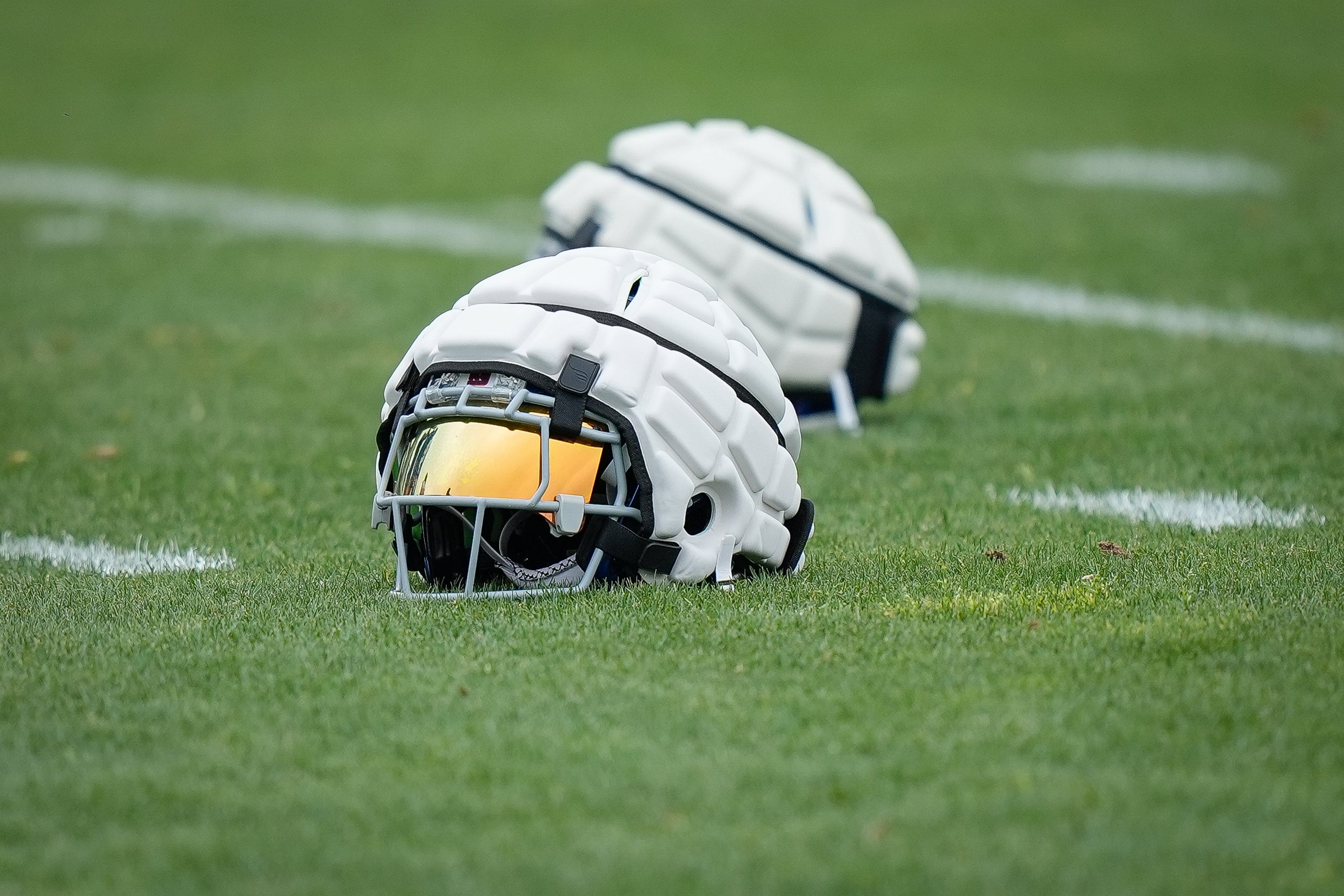Brett Favre played quarterback for the Green Bay Packers from 1992 until 2007. He estimates that over his 20-year NFL career he suffered thousands of concussions.
Those experiences, plus the growing science behind the danger of repeated head trauma like that in tackle football, pushed Favre to give his support to a bill in the Illinois Legislature that would ban tackle football for kids under the age of 12.
No such bill has been proposed in Wisconsin, but Wade Labecki, deputy director of the Wisconsin Interscholastic Athletic Association, said while his organization would be “willing to collaborate” with lawmakers on such a proposal, Labecki isn’t sure “legislation is the way to go at this point in time.” He said he worries legislation could get “watered down” in the lawmaking process.
News with a little more humanity
WPR’s “Wisconsin Today” newsletter keeps you connected to the state you love without feeling overwhelmed. No paywall. No agenda. No corporate filter.
The WIAA is involved primarily with high school sports, but Labecki said some Wisconsin middle schools do offer tackle football programs. The WIAA has a concussion policy on its website that states, “When in Doubt, Sit Them Out,” encouraging coaches to err on the side of caution when it comes to possible brain injuries.
Since 2012, state law has required all youth sports organizations to provide parents with information on concussions. Parents must also sign a form indicating they received the information.
“Youth level football at grades five and six are something that should not have tackle football, at least in our opinion,” Labecki said. “At the seventh grade level it is questionable whether there should be tackle and live blocking.”
But for Dr. Kevin Walter, program director of pediatric and adolescent sports medicine at the Children’s Hospital of Wisconsin, opinion does not equal fact.
“Kids are not just little adults,” Walter said, adding that there has been very little research on how children’s brains react to or recover from concussions. “So you can’t take adult-based numbers and data and epidemiology and translate that down to a 10-year-old.”
Walter said the brain doesn’t stop maturing until one is in his or her early 20’s.
“There are arguments that if your brain is not fully developed and you get an injury you have more plasticity,” Walter said, adding that that may make the situation more concerning as a person ages. “Your brain is set in its ways and if you knock out ‘Pathway A’ you’re never getting it back, whereas when you’re younger, can you grow around ‘Pathway A’ and make secondary connections? We don’t know.”
Walter sees patients who come in with concussions caused by any number of childhood foibles including other sports, falls or even schoolyard fights.
He said the “culture” of sports should change so that young athletes feel comfortable reporting possible injuries. Adding that some young people don’t want to lose playing time by being “benched” or potentially face being called a “baby” by his or her teammates.
Wisconsin Public Radio, © Copyright 2025, Board of Regents of the University of Wisconsin System and Wisconsin Educational Communications Board.

